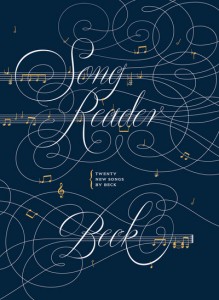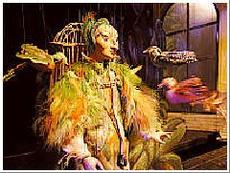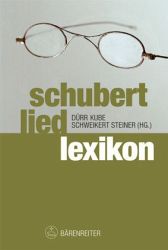In 2000 the Association of College and Research Libraries published a document, “Information Literacy Competency Standards for Higher Education,” which quickly became the foundation of 21st-century library instruction. That document is now undergoing a radical revision.
The old standards define “the information literate individual” as someone who can identify when information is required; efficiently locate relevant, high quality information to address this need; and incorporate new information ethically into her own creation. A lengthy checklist of specific practices draw a composite sketch of this individual. To mention only 3 of the over 50 characteristics, the information literate student “confers with instructors and participates in class discussions,” “identifies keywords, synonyms and related terms for the information needed,” and “legally obtains, stores, and disseminates text, data, images, or sounds.”
These standards have been incredibly useful for librarians as they collaborate with faculty to arm students for success in the information age, but as my examples above may suggest, they could also raise obstacles. They are extremely prescriptive and task-oriented. Given the number of habits the information literate student is meant to adopt, the challenge of producing one at the end of 4 years of post-secondary education was well nigh impossible. The concept of information literacy was rigidly contained within its hierarchy of standards, performance indicators, and outcomes.
The proposed new framework, now available in 2 draft sections, takes an entirely different tack. It adopts the pedagogical approach of “threshold concepts.” Threshold concepts are (to quote the glossary found at the end of the 1 draft document) “core or foundational concepts that, once grasped by the learner, create new perspectives and ways of understanding a discipline or challenging knowledge domain.” Instead of dictating a master set of skills that defines the information literate person, the new framework presents 6 fundamental ideas that act as the passage from novice to expert in the understanding of our information environment. These are:
- Scholarship is a conversation
- Format as process
- Research as inquiry
- Searching is strategic
- Authority is constructed and contextual
- Information as commodity (This concept has not yet been released but was mentioned at the recent online consultation held by the chairs of the ACRL task force charged with the revisions, Craig Gibson and Trudi E. Jacobson.)
What’s reassuring is that all these concepts already percolate through the instruction I do at McGill thanks in large part to the exemplary models of my colleagues in the Schulich School of Music faculty. “Scholarship is a conversation” is one of the core principles music students are introduced to in first-year history classes. One of my favourite exercises with students explores threshold concept #2. We brainstorm as many sources of information useful to the music scholar and I shock them with the admission that as a librarian I can see value in all of them. There’s information to be gained from any source – from the shoddiest vanity press publication to the most authoritative peer-reviewed title – it all depends on knowing one’s question, critically evaluating the sources and their relevance to the question, and deploying the evidence in a reasoned way in whatever new creation one produces as a result of the inquiry. i also love exploring the mechanisms (for example, comparing the peer review process with Wikipedia’s “world brain” philosophy) that shape the information we take in daily.
So while the information literacy conversation shifts – for the better I hope – the fundamentals remain surprisingly consistent. I look forward to more conversations on this topic with my colleagues at McGill, across the country (here’s a shout-out to Laura Snyder’s forthcoming presentation on “Threshold Concepts and Information Literacy for Music” at this year’s CAML conference), and internationally through MLA (here’s hoping the Public Services Committee’s plenary proposal on the revised ACRL framework and the future of MLA’s own “Information Literacy Instructional Objectives for Undergraduate Music Students” is accepted…)



